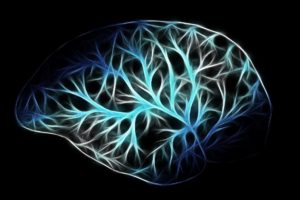Treated for clinical depression?
Please take our survey to help us understand this devastating illness & find a cure
The Australian Genetics of Depression Study aims to identify the genetic risk factors associated with clinical depression, and how a person’s genes influence their risk of developing depression and their response to treatment.
The Australian Genetics of Depression Study, which is the Australian arm of an international study created to understand the genetics of depression, is recruiting Australian adults - aged 18 and above who have been treated for clinical depression.
Clinical depression is a common mental illness, often referred to as depression, which will affect almost one in five people during their lifetime.
The World Health Organization (WHO) predicts that by 2020, clinical depression will impose the second highest burden of any disease in Australia and other advanced countries.
The overarching objective of the Australian Genetics of Depression Study is to learn more about the genetic drivers of clinical depression, and the genetic factors that influence the effectiveness of various clinical depression treatments.
Study researchers are working to recruit more than 20,000 Australians aged 18+ to the study who:
- Have been treated for clinical depression in the past; or
- Are currently being treated for clinical depression.
Help us meet our target of 20,000 Australian participants by volunteering & completing our study today
STUDY GOAL =
20,000
Australian study participants
CURRENT TALLY =
6,000*
Australian study participants
*numbers updated weekly
0
How can you help?
If you have been treated for clinical depression, or are currently being treated for clinical depression, we encourage you to volunteer for our groundbreaking research by completing the 15 minute core component of our online survey. Depending on your responses to our survey, you may be asked to donate a saliva sample.
Unable to display Facebook posts.
Show error
Type: OAuthException
Code: 190
Please refer to our Error Message Reference.







